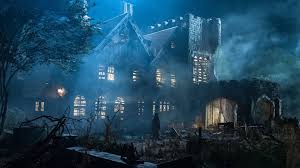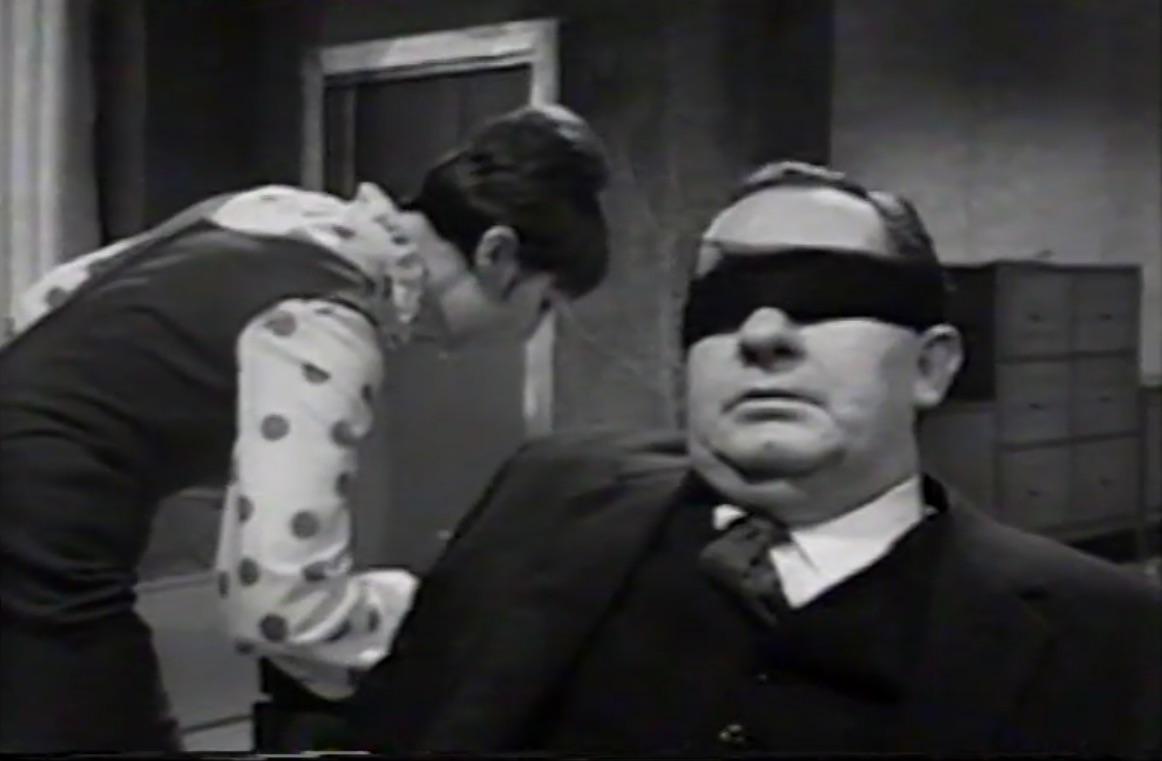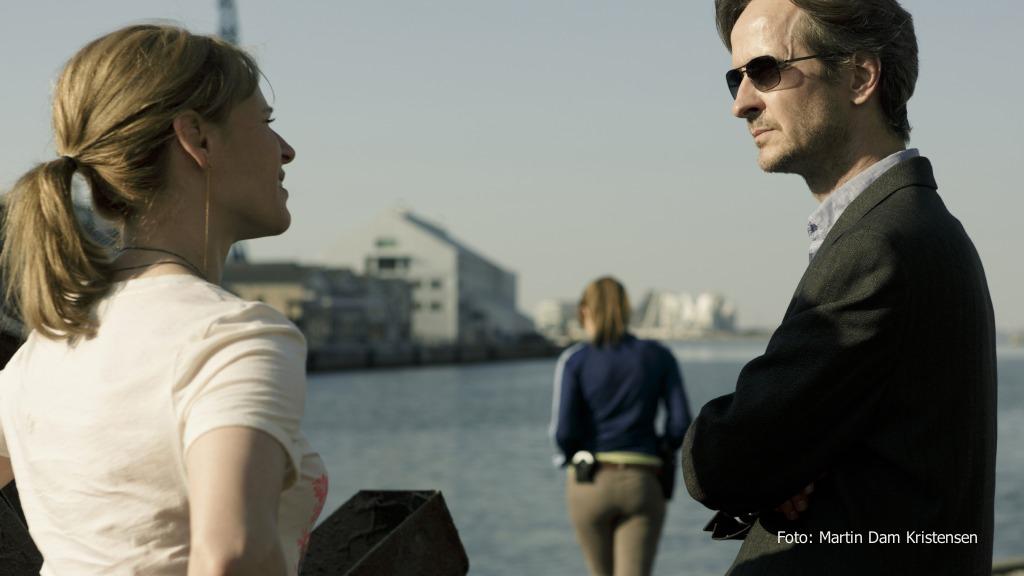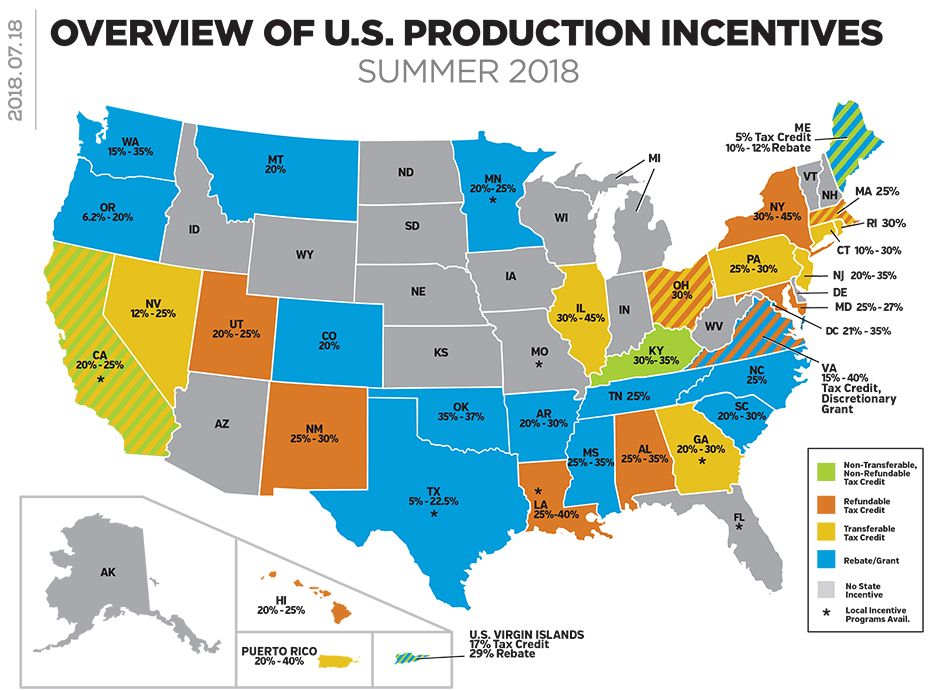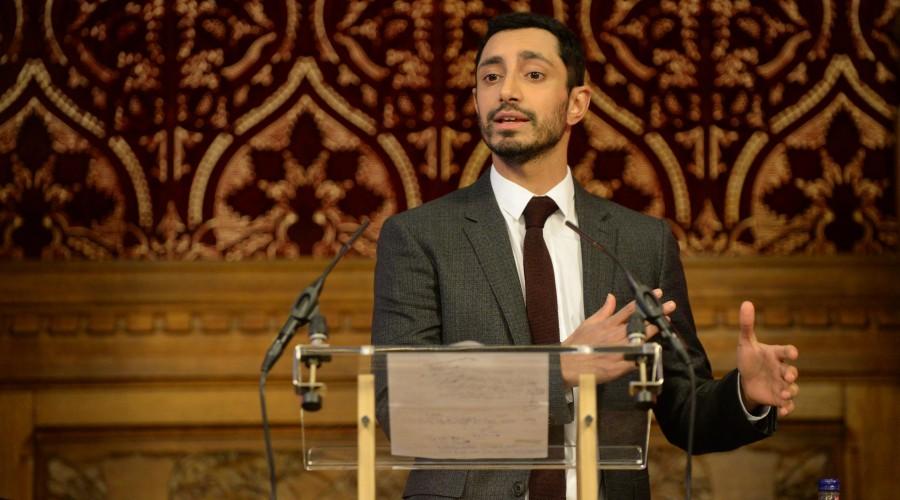
‘Alright, it’s me Joyce Byers fae Stranger Things. Everybody calls me big Jo-B.’ Imagine a different world, a world were stuff was Scottish… Harry Potter , Game of Thrones , Stranger Things , Gwyneth Paltrow, The Handmaid’s Tale —all Scottish. The good news is, you don’t have to imagine this because Ashley Storrie has already done it for you, in a handy set of refreshingly foul-mouthed short videos.

